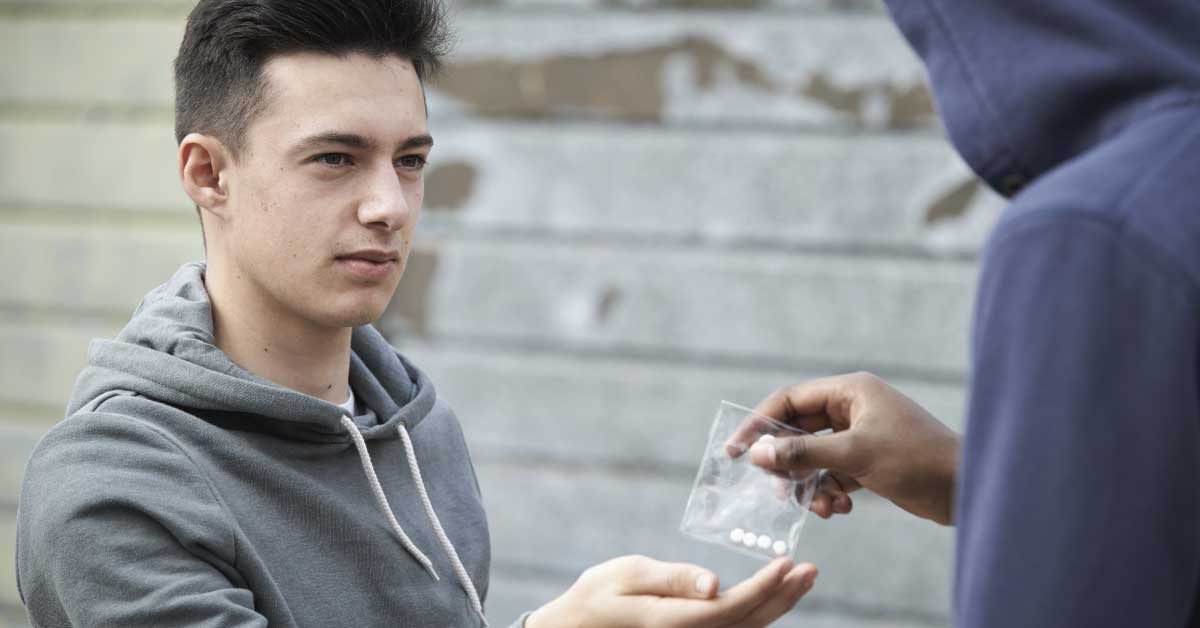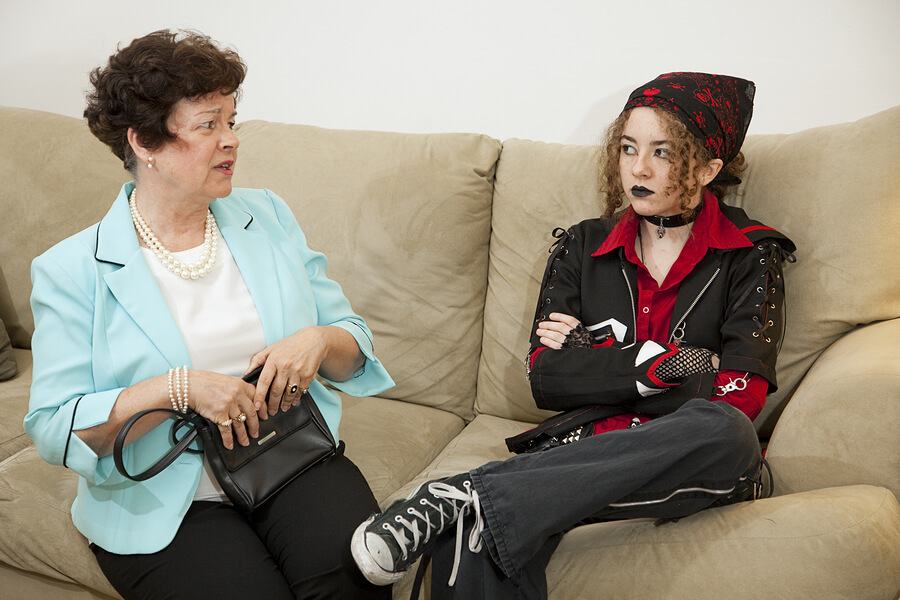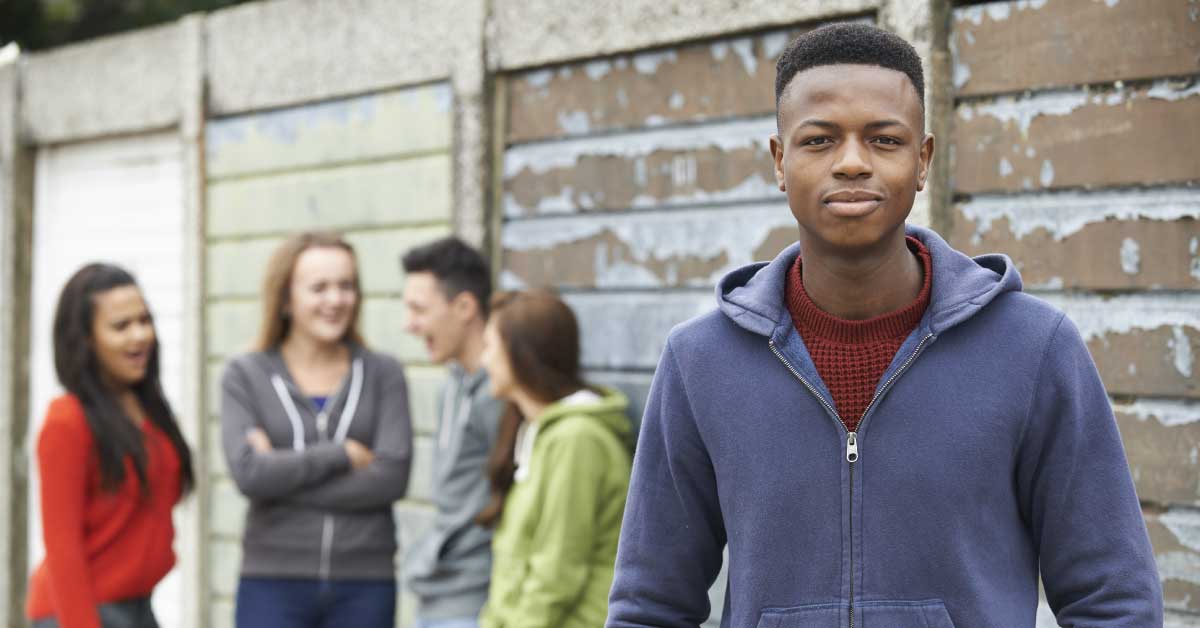Teenagers may feel invincible when it comes to being able to withstand the negative effects of drugs and alcohol, but it’s important for parents to talk with their teens about the consequences of drug use. Any drug addiction require professional help to overcome, but understanding how teen brains and drug addiction work can help both parents and professionals get addicted teens the help they need.
Drugs are chemicals that affect the body, and when a teenager’s brain is affected by drugs, the normal process is interrupted. Addiction happens when the brain cannot stop craving the drugs, even if the person knows of the dangers and wants to quit. Drug use affects the brain stem, the limbic system and the cerebral cortex in different ways, but the result is significant and serious. It doesn’t matter if the drugs are smoked, injected, eaten or inhaled–the brain ceases normal functions when under the influence.
The reason drugs become addictive is that they stimulate the reward center of the brain. In other words, the drugs trick the brain into releasing feel-good chemicals like dopamine into the body. These abnormal amounts of body chemicals leads to the “high” that users experience. The body wants to feel good, and the brain sends signals out that it wants more of that good feeling. Over time, this message gets stronger and stronger and is harder to circumvent.
In addition to making the body feel good when using drugs, it becomes harder and harder over time to reach the same levels of euphoria. The brain craves repeated surges of dopamine but drugs also kill off the neurons that send and receive messages. Soon, the user needs drugs just to feel normal, and eventually the user needs more and more drugs to feel like he or she once did on just a small amount. Over time, drugs can actually change the way neurons in the brain perform.
The good news is that while there is no cure for drug addiction, there are effective treatments that can help teens manage their lives and keep the addiction at bay. Treatments consist of medications that can minimize cravings and addictions, plus behavior modification therapy that helps teens recognize triggers, find alternative coping methods and provide a support system during recovery. Therapy can also address any underlying issues that may lead to drug use, like depression, anxiety and more.
When teens enter a comprehensive drug treatment program, they can really benefit from the treatment. At Help Your Teen Now, we guide parents in researching and choosing a residential treatment facility or therapeutic boarding school that will best fit the teen’s needs. We’re a parent advocate group that has helped thousands of families through emotional, behavioral and substance abuse issues. When you are ready for a free consultation, please contact Help Your Teen Now.











0 Comments